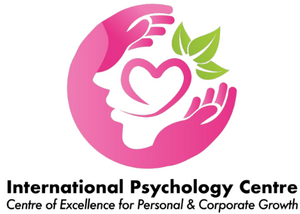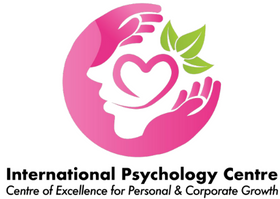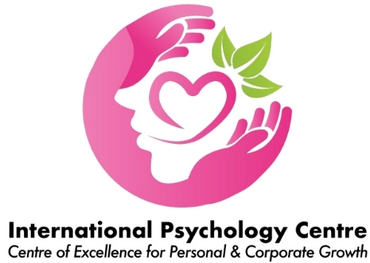SERVICES
Impulse Control Disorder
Impulse Control Disorder
Impulse-control disorder (ICD) is a class of psychiatric disorders characterized by impulsivity – failure to resist a temptation, an urge, or an impulse; or having the inability to not speak on a thought.An impulse control disorder is a condition in which a person has trouble controlling emotions or behaviors. Often, the behaviors violate the rights of others or conflict with societal norms and the law.Examples of impulse control disorders include oppositional defiant disorder, conduct disorder, intermittent explosive disorder, kleptomania, and pyromania.
Causes
There is no single cause for impulse control disorders. Temperamental, physiological, environmental, and genetic factors may play a role in the development of a disorder.
- Intermittent explosive disorder—history of physical and emotional trauma, relatives with IED, and serotonin abnormalities in the limbic system and orbitofrontal cortex are possible risk factors and causes of IED.
- Oppositional defiant disorder—problems with emotional regulation; harsh, inconsistent, and neglectful parenting; reduced basal cortisol reactivity; and abnormalities in the prefrontal cortex and amygdala are possible risk factors and causes of ODD.
- Conduct disorder—difficult temperament as an infant; below average intelligence; abusive and/or inconsistent parenting; exposure to violence; relatives with conduct disorder, depression, alcohol abuse, bipolar disorder, schizophrenia, or ADHD; and structural and functional differences in the ventral prefrontal cortex and amygdala are possible causes and risk factors for conduct disorder.1
- Kleptomania—relatives with obsessive-compulsive disorder and substance use disorders may be a risk factor for kleptomania.
Genetic: As is the case with the majority of mental health disorders, there appears to be a strong genetic tie to the presence of impulse control disorders. Various studies have shown that children and adolescents who have family members who struggle with illnesses such as mood disorders are more susceptible to developing symptoms of impulse control disorders.
Physical: Research has shown that there is a high probability that when the specific brain structures that are linked to the functioning of emotions, planning, and memory become imbalanced, symptoms of impulse control behaviors can develop.
Environmental: Environmental factors can play a significant role in the onset of behaviors that are symptomatic of impulse control disorders. When children are raised in families where violence, verbal abuse, emotional abuse, physical abuse, and explosive emotional reactions to certain situations are prevalent, they may be at a higher risk for developing some type of impulse control disorder. For some children and adolescents, the onset of such behaviors may be a somewhat unconscious means of gaining control over situations in which they would otherwise not have any control and provide them with a sense of escape from the chaos that surrounds them.
Symptoms
- bingeing: overindulging in things like shopping, gambling, and eating
- destruction of property: destroying your own or someone else’s things in a moment of anger
- escalating problems: taking minor situations and making them more urgent and important than necessary
- frequent outbursts: losing your cool far too often, even when it’s clearly uncalled for
- lots of starting over: abruptly joining and quitting groups or wiping the slate clean in search of a fresh start
- oversharing: talking without thinking and sharing intimate details
- physical violence: overreacting by getting physical in the spur of the moment
- higher risk sex: engaging in sex without a condom or other barrier method, especially with a person whose STI status is unknown
- self-harm: hurting yourself in the heat of anger, sadness, or disappointment
Treatment
Cognitive behavioral therapy(CBT) is a widely used form of therapy that helps individuals to learn how to modify potentially detrimental thought patterns and behaviors. Dialectical behavior therapy helps people control self-harm behaviors such as suicidal attempts, thoughts, or urges, as well as drug use.
Dialectical behavior therapyhelps people control self-harm behaviors such as suicidal attempts, thoughts, or urges, as well as drug use.
Contingency managementoffers rewards for engaging in healthy behaviors or avoiding unhealthy behaviors such as drug use.
Medicine
Selective serotonin reuptake inhibitors (SSRIs) are antidepressant medications that have been studied for the treatment of impulse control disorders. For example, Frontiers in Psychiatry reported improvement in aggression and irritability in people battling intermittent explosive disorder who took Prozac (fluoxetine).
The opioid antagonist drug naltrexone, which is often used in the treatment of opioid dependence, may be useful in treating kleptomania as well as addiction. Other medications such as glutamatergic agents and mood stabilizers are also being researched for the treatment of these disorders





